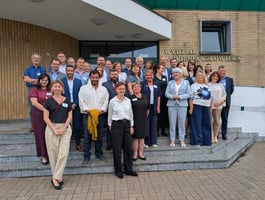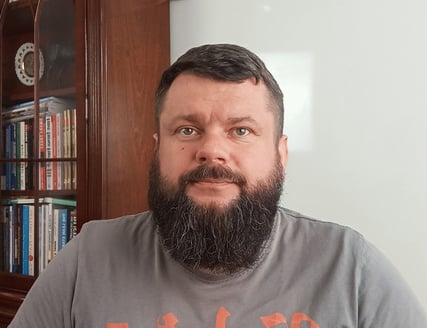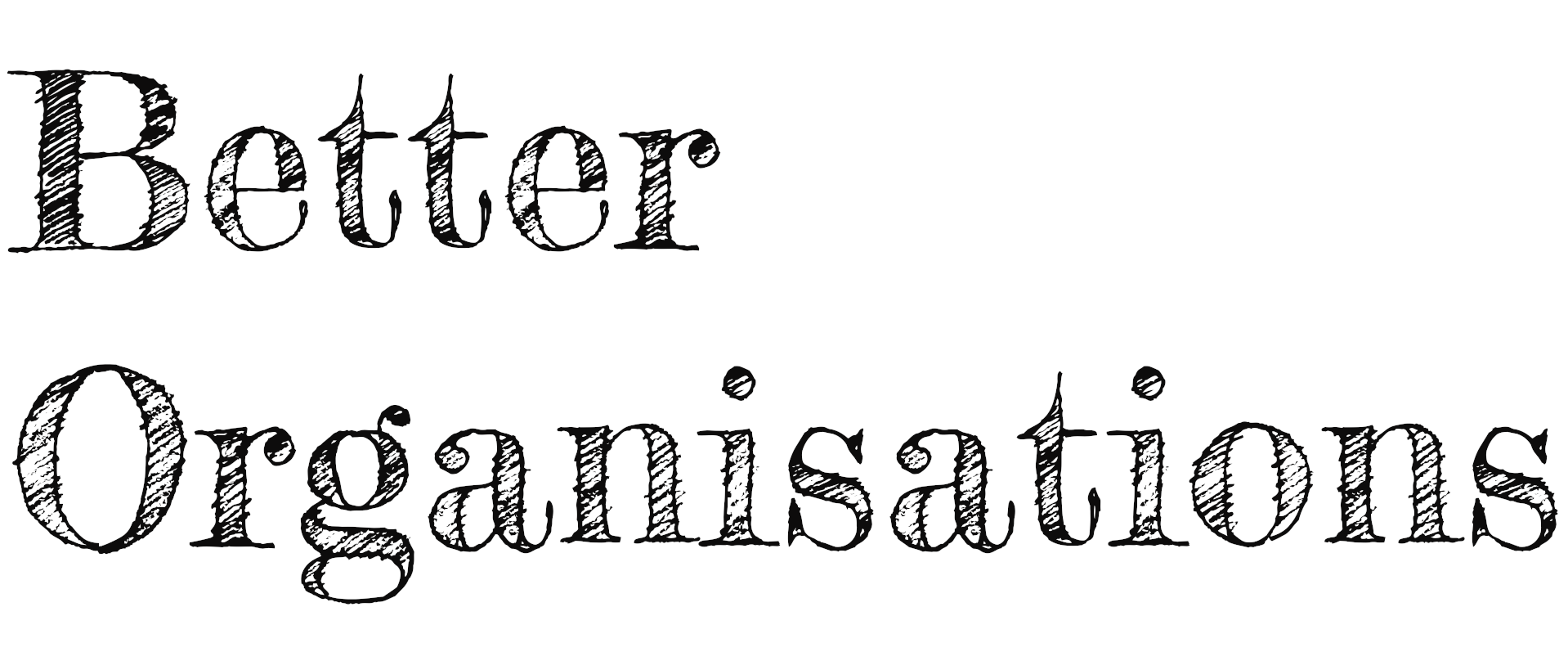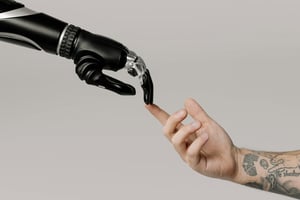

Witold Wisniewski's personal story
Years ago, I worked in a small consulting company. We helped clients prepare business plans, marketing strategies and solve various management challenges. The clients were satisfied - but I wasn’t. Something didn’t add up.
Traditional business planning took enormous time and effort. It only worked when the business and its environment stayed the same, when you already knew what you were doing. But in innovation, you rarely do. In uncertainty, static plans collapse quickly. And even when clients understood their options, they often couldn’t execute them or build the capability to do so. From my perspective, it didn’t work. Organisations did not become better organisations - there was no real transformation.
I’ve always been interested in building organisations that create value for clients and owners, offer space for people to grow, and contribute positively to society. I’m driven by the transition process: how an organisation becomes more sustainable, adaptive and effective. Traditional planning and managerial approaches did not support this.
In 2011, I discovered agile approaches to strategy and business design based on experimentation and evidence-based decision making. It was a turning point. These methods solved so many of the pains I had seen: they accelerated learning, encouraged innovation, allowed smooth pivots, improved decision-making and involved people directly in shaping solutions.
But something was still missing. I realised a company could have a strong, validated strategy and still fail to execute it. The barrier was human. People are the heart of every organisation, but there is also a deeper layer of ‘human-ness’ in business that needs to be designed and cared for: organisational culture.
This opened a new space for me. Before, I had understood culture intuitively, but now I could explore it systemically. I became particularly interested in cultures that enable co-creation, allow people to understand each other on a human level, support factual thinking and a balance of freedom with accountability. These cultures support collaboration, innovation and long-term commercial success across all types of organisations: from sales teams, and research organisations to startups and software companies.
So my professional interests naturally converged around two areas: strategy and organisational culture. When both are designed and executed well, organisations grow sustainably.
But over time it became clear that these two domains were not enough. The challenges facing entrepreneurs, organisations and society are growing. We needed to go beyond profitability and see businesses in a broader context - not as isolated entities, but as vehicles that affect people, systems and the environment.
This is why Sustainable Business Design became my third area of focus: designing organisations and value chains that create value without compromising the future.
And as we stand on the edge of a never-seen-before technological revolution, the need for a human-centred approach becomes even more critical - to ensure technology serves us, not the other way around.
As my thinking matured, I began to appreciate the true complexity of organisations and the systems they operate in - seeing them as parts of wider, interdependent systems. That shift pulled me naturally toward more systemic work, where design, culture, sustainability and evidence come together. It also opened the door to research and innovation as a natural continuation of our journey.
I began working with universities, researchers and European partners who shared a similar view: that innovation must be human-centred, sustainable and grounded in real-world evidence.
This is how Better Organisations gradually became what it is today:
a Research & Innovation company that integrates design, systems thinking, organisational culture and sustainable business design to help organisations and consortia create solutions that work in complex environments.
Over time, our team grew to include not only practitioners and entrepreneurs but also senior academics: people who bring scientific rigour into innovation, while remaining deeply rooted in practice. Together, we work in Living Labs, shape Horizon Europe proposals and support organisations in applying Industry 5.0 principles to their work.
Along the way, we developed a clear view of what better organisations actually are: organisations that still know how to create value for customers and owners, but do so while enabling people to thrive, contributing real value to communities and society, and being able to respond to the global challenges we face.
The journey that began with a frustration about traditional consulting became a much broader mission: to help people, organisations and innovations thrive - and to build better organisations for a better future.


